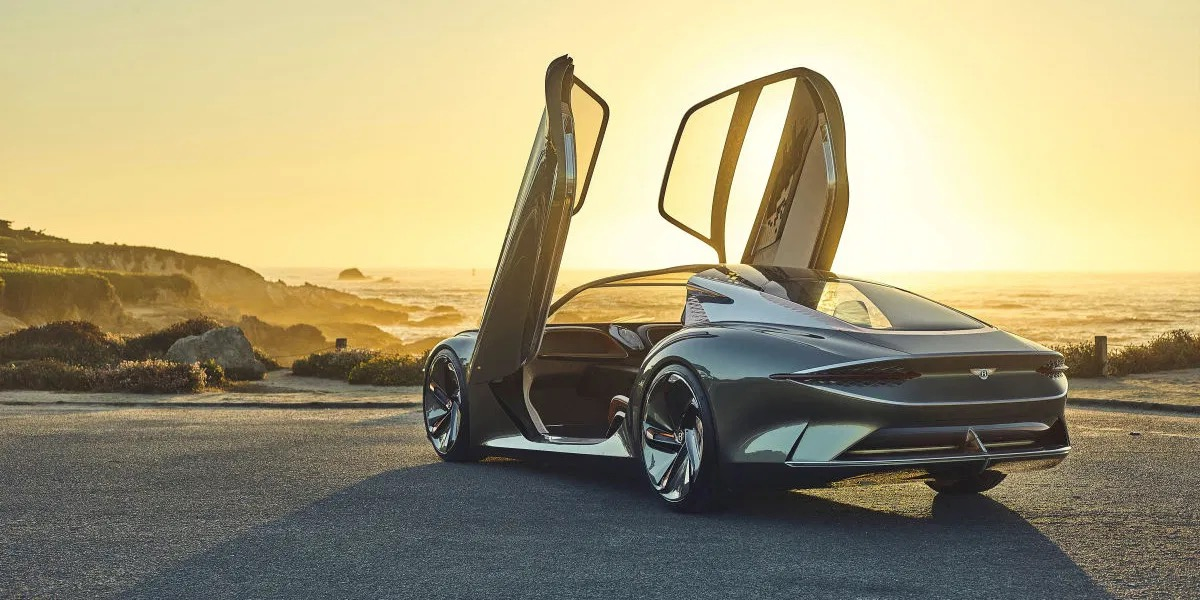Bentley has announced its “Beyond 100” strategy, which will guide the brand’s shift towards electrification over the next 10 years.
The Beyond 100 plan has two stages – the first sees all models with hybrid powertrains before 2026, before a second stage that will deliver fully electric vehicles before 2030.
In order to achieve this, Bentley will prioritize plug-in hybrids, with two expected to be launched in 2021.
Bentley will also reconfigure its factories to be more environmentally friendly, promising a 75% improvement on its 2010 levels by 2025, as it seeks to establish high-quality standards.
In addition to this, Bentley will also implement a new organizational structure to optimize talent management across different fields, from electric to traditional technologies.
Meanwhile, Aston Martin CEO Tobias Moers has announced an electric vehicle that will be launched by 2026 and will use the same platform as Mercedes-Benz’s EQS.
Prior to this, it was reported that Mercedes-Benz would acquire a 20% stake in Aston Martin, which could lead to further collaboration on electrification, fueled by the emphasis on ultra-luxury concepts that both companies are known for.
Ultra-luxury brands are highly profitable and a last bastion of large manufacturers, supported by their strong brand influence, but also hampered by the same influence when it comes to shifting to electrification.
This article is a translation by ChatGPT of a Chinese report from 42HOW. If you have any questions about it, please email bd@42how.com.
